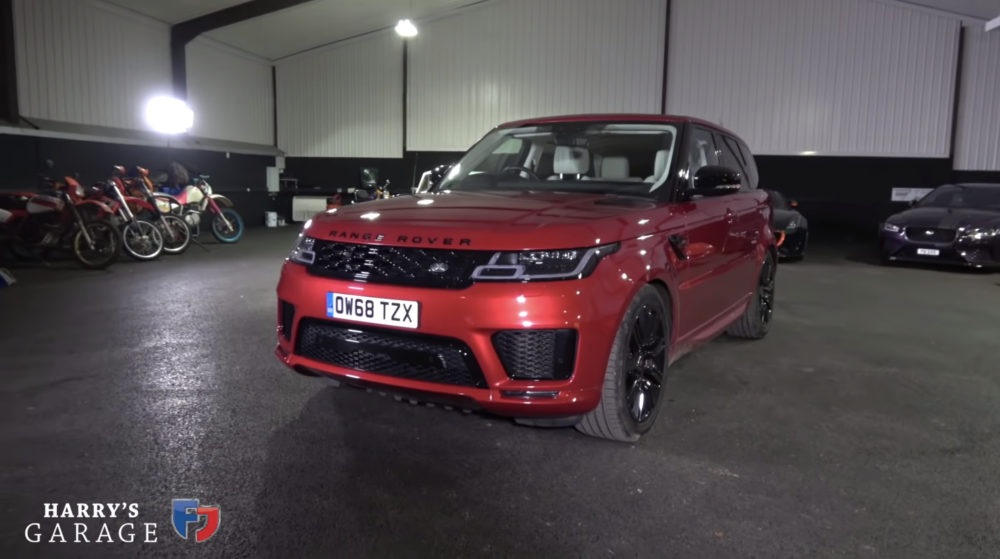Range Rover P400e Review: Plug-in Hybrid vs EV
Auto journalist Harry Metcalfe has a Range Rover P400e to see if plug-in hybrids are viable alternatives to EVs or just a stop-gap tech.
Europe’s automotive landscape is going to be awash with electrification. New EU standards for large scale automakers will mean a fleet-wide average of just 95 grams of CO2 per kilometer. Land Rover right now is nowhere near that. That means our favorite off-road manufacturer is faced with changing their lineup dramatically.
Harry Metcalfe, an automotive journalist from England explains just how these new regulations will impact future cars, and carmakers alike. Giving a CliffsNotes version, Metcalfe states, “You really want to bring the average down, because every gram over 95 grams is a 95 euro fine. So on a 300 gram Mercedes G-wagon or Range Rover Sport SVR, there’d be a fine of around 20,000 euros.” In USD, that’s a fine of about $22,000. Per car. Thankfully that can be off-set by offering cars with hybrid or EV tech.
That leaves an important question. We know EV cars have their advantages, so are plug-in hybrids a viable alternative or just a stop-gap for the future? Metcalfe has the Range Rover P400e just to find out.
We’re used to beefy engines to move these large barges along, but this one has a small 4 cylinder. “A two-liter gasoline engine in a Range Rover sounds like a strange engine to power a vehicle like this, but that’s why I’ve got it in here because I’m intrigued,” notes Metcalfe.
With a different type of power unit, the P400e you would think would drive differently. That’s not really the case though because the combined output of the gasoline engine and the electric engine is about 400 horsepower. Really, it is up to the driver to get the most out of the hybrid system. City driving will work better with the electric motors, as it can operate as a fully electric vehicle at lower speeds, and use regenerative braking to put some more juice in the battery during deceleration. Highway duties are where the internal combustion engine takes over. The tradeoff in highway use is that you’re asking a lot from a small capacity engine in a large vehicle, so you might not get as much mileage as you’d think.
It all comes down to keeping a habit of making sure you stay charged, and adapting to the way the car wants to be driven. One of the main points still needing to be addressed with EVs is charging time, and the availability of a large network of charging stations. With a plug-in hybrid you still have an engine that can get you where you need to go.
Till those issues with EVs are resolved, Metcalfe’s take is clear, “In summary, I have a suspicion that a plug-in hybrid offers a better solution to most people than a pure EV… but you’re going to have to manage it.”



